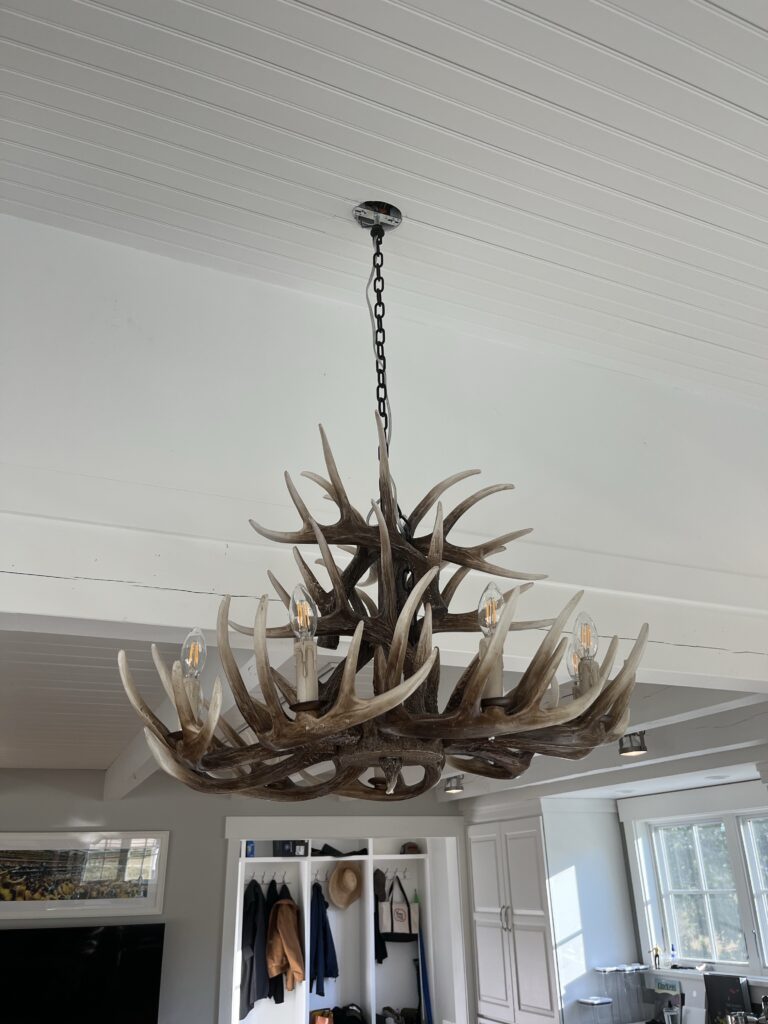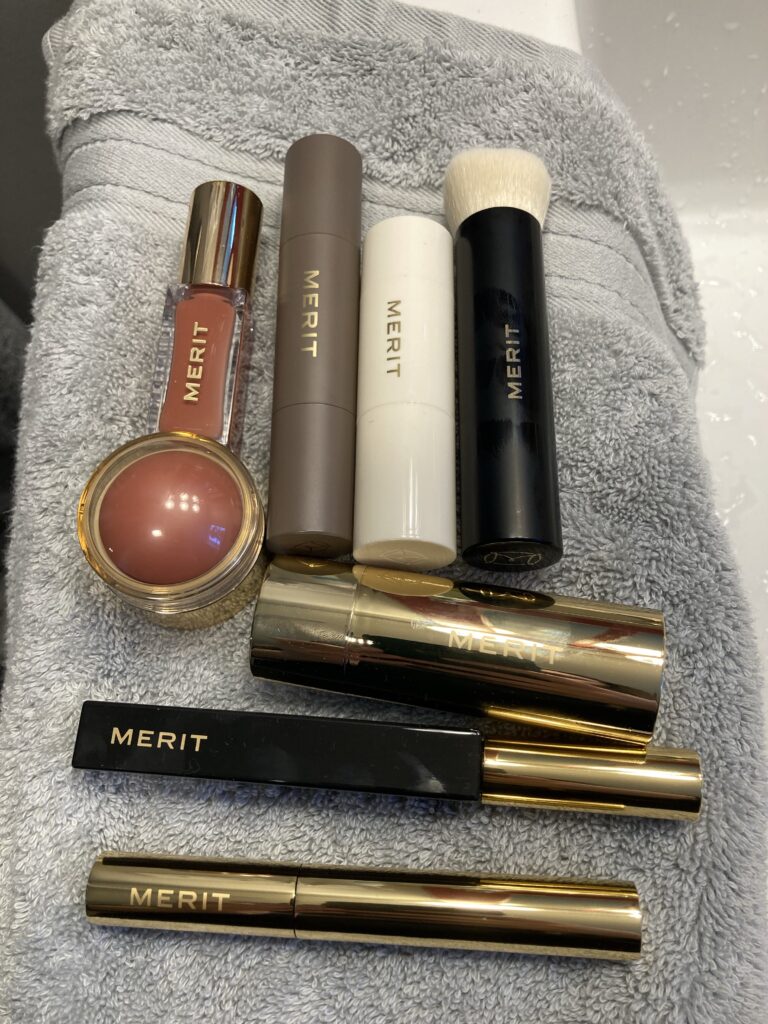I’m not a big fan of early stage venture investors meddling too much in the day to day of their portfolio companies. Asking for too much reporting and too frequent board meetings can be a huge source of momentum friction.
But I am a big fan of corporate governance. Even right from the very start. You should have agreed upon avenues for settling issues and disputes from the moment you have assets bigger than an Ikea couch let alone a 32 billion dollar valuation company. A lack of governance structures can lead to deeply destructive behavior even if you aren’t a sociopathic rich kid bent on committing fraud.
As much as it may seem irritating to set up formalities like a full board and agreed upon voting rights structures, you will regret not having it if something goes wrong. And something will go wrong. I’d go so far as to say Murphy’s law is an immutable law of the universe. What can go wrong will go wrong.
The intense pressure of a startup is what turns the lump of coal that is your vision into the diamond that will be worth something in the open market. And pressure is often destructive. People who otherwise respect and trust each other can slowly find themselves deeply at odds.
Just think of your worst breakup and imagine that intensity playing out in ways that impact everything you’ve worked to build. If you’ve ever gone through a divorce I’m sure you understand. Let me tell you a little story about one of my breakups to illustrate why you should set up governance right form the start.
My easiest personal breakup was also one of my worst. We’d moved in together and devised an elaborate set of budgets and savings protocols. We’d combined belongings. We even set up a shared bank account. He was a corporate governance lawyer at a very aggressive firm. I was working a lucrative corporate job but preparing to go back to startups.
While he wasn’t a contract lawyer, he did have enough common sense to suggest we write up a relationship contract complete with dissolution protocols. I thought this was absolutely brilliant which I’m sure tells you a lot about how I operate. Absolutely all of our friends thought we were nuts. Including a colleague and friend who would go on to be one of my board members down the road.
I was in Colorado for my mother’s wedding. I’d expected my boyfriend to join me. But we’d been discovering that all our good faith attempts to arrange the perfect relationship structure was nothing in the face of widely disparate personalities and risk tolerance. No amount of mitigating structure could overcome those differences.
When I came home he’d triggered our breakup clauses and moved out. Everything was done by the governance protocols we’d set out. If I’m absolutely honest I was relieved. My biggest annoyance was losing the Vitamix blender that was his property. As furious and heartbroken as I was at the time, I didn’t have any avenue to engage in my worst most defensive reactionary emotions. Neither did he. Which was extremely valuable as I hadn’t at age 26 gone through the therapy that helps me productively channel negative emotions now.
My ex-boyfriend and I are still friends to this day. Sure it took a few years for us to come around but we’d avoided a scorched earth situation despite the significant risks we’d engaged in by moving in and combining our lives and fortunes after a relatively a brief period. The damage was mitigated by a shared understanding of how we’d manage downside protection and whose rules we’d consider binding.
While I’m sure this sounds a bit weird, I do think it’s a helpful illustration of why even the most optimistic scenarios benefit from guardrails and mutually agreed upon avenues for pursuing a dissolution or change in status.
No matter how calm and rational you think you are, there will be scenarios that trigger deep emotional patterns. If you vomit up those childhood coping mechanism emotions, you need to clean it up even if it feels shameful and embarrassing.
I’d also say it probably tells you a lot that I’m telling you a deeply personal story about a breakup in a personal relationship and not my actual board experiences. There are some secrets you take to the grave and how you failed your business partners tends to be one of them. How they failed you is another. I’ve had reason to be grateful for corporate governance guardrails at all of my companies. Because that is human nature.
So no matter how early it is in your startup journey you should be considering how you’d handle tough times. Set up a board to help you work through and arbitrate disputes. I know you cannot imagine it now but you won’t regret it.
No one is ever fully immune from disagreement (or even disaster) and you owe it to yourself and your partners to set up fair resolution issues from the start. Plus if you happen to have partnered with a sociopath you will appreciate the modicum of protection offered by binding contract law or consensus mechanism contract execution. And if you really want a Vitamix make sure you put that in the contract.


